Will the TV remote become Pashinyan’s weapon against Moscow? From “Tashir” to the airwaves
Recently, at a press conference, Armenian Prime Minister Nikol Pashinyan, against the backdrop of noticeable cooling in Armenian-Russian relations, made a number of statements addressing pressing issues in the current bilateral agenda between Yerevan and Moscow.
In particular, he expressed his position regarding the possible cessation of broadcasting Russian TV channels within Armenia—a topic that had been discussed in Yerevan before but has now become relevant again. For example, the Speaker of the Armenian Parliament, Alen Simonyan, called for the closure of Russian TV channels in the country, labelling some of their hosts as "degenerates" who negatively impact Armenian-Russian relations.
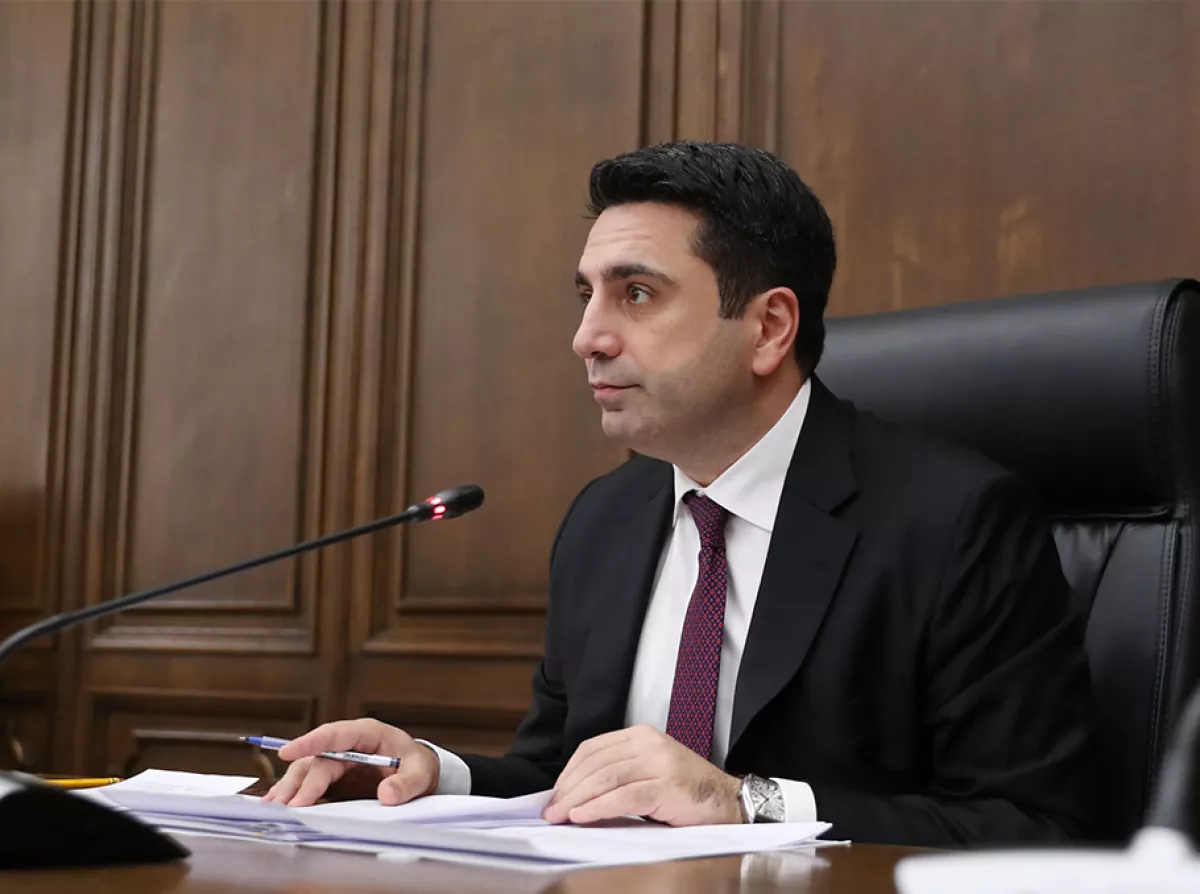
“The programs of these ‘mankurts’ have long been banned in our country, and their entry into the country is also prohibited. However, if their state channels allow themselves to interfere in Armenia’s internal affairs, perhaps we should also close their access to the homes of our citizens,” Armenian media quoted Simonyan as saying. In response, the State Duma stated that Yerevan has taken the path of Ukraine.
But let’s return to the press conference. When asked by a journalist whether he himself wants Russian TV channels broadcasting in Armenia—accused of fostering an atmosphere of hatred and lawlessness—to be shut down, Nikol Pashinyan gave a rather vague answer, referring to certain forces within Russia that are pushing for such a decision.
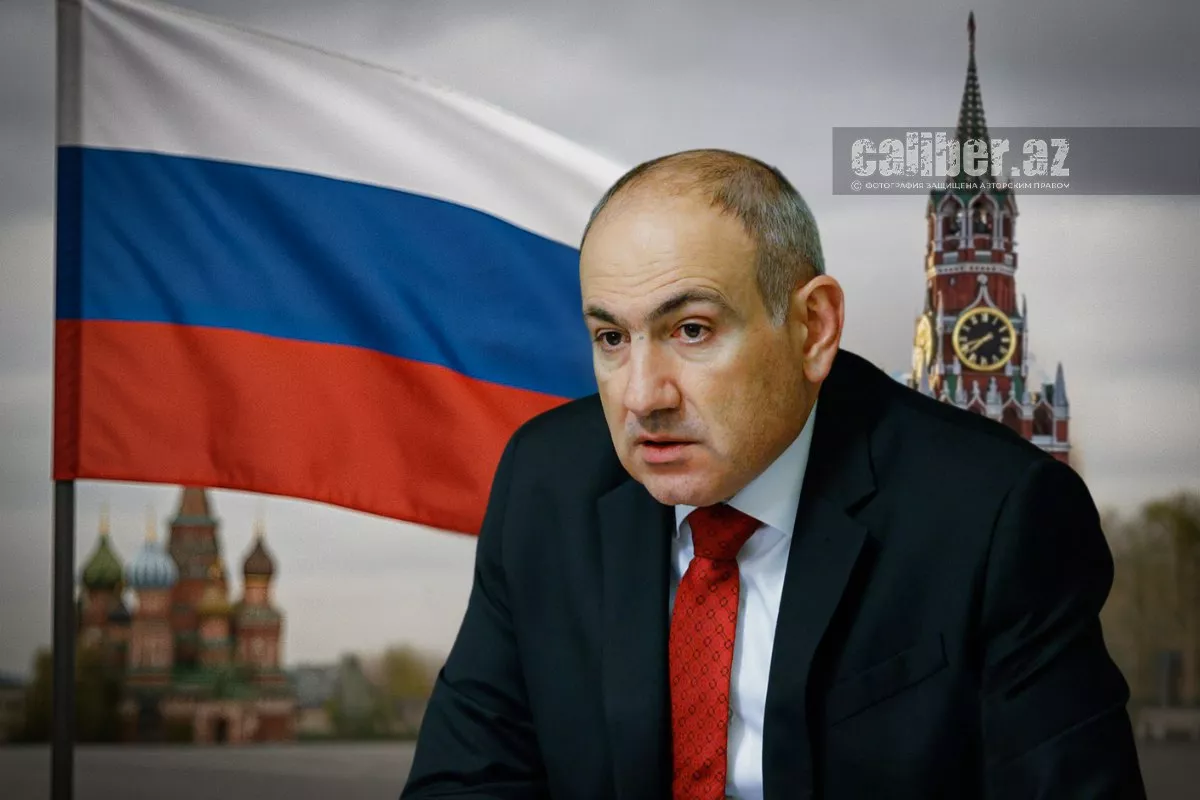
"My position is as follows: we want to have good, friendly relations with Russia based on mutual respect. Indeed, some Russian TV channels have crossed all permissible lines, but given what I just said, I would not want us to be forced to make such a decision, because we are not seeking contradictions or conflicts with Russia. I have respectful, open, transparent, and honest relations with the President of the Russian Federation, Vladimir Putin. I have open, transparent, and honest relations with the head of the Russian government, Vladimir Mishustin. On a purely human level, I would feel discomfort if we make such a decision, and I do not want to make it. But I have the impression that there are forces in Russia that want to force us to make such a decision," said the Armenian prime minister.
Here, it is worth looking back a bit and recalling how a couple of months ago, specifically in May, Pashinyan himself, also at a press conference, stated that Yerevan would block the broadcast of Russian channels in Armenia if they did not respect the state order and the interests of the republic: "I think you are aware of the issues related to this. We expect these channels to respect the citizens and the state order of Armenia as a whole. I do not think we want anything impossible."
Before that, the Armenian television and radio broadcasting regulatory authority announced the blocking of the programs "Evening with Vladimir Solovyov" and "Sunday Evening with Vladimir Solovyov" on the public multiplex, noting that this decision was made due to repeated violations on the part of the Russian side.
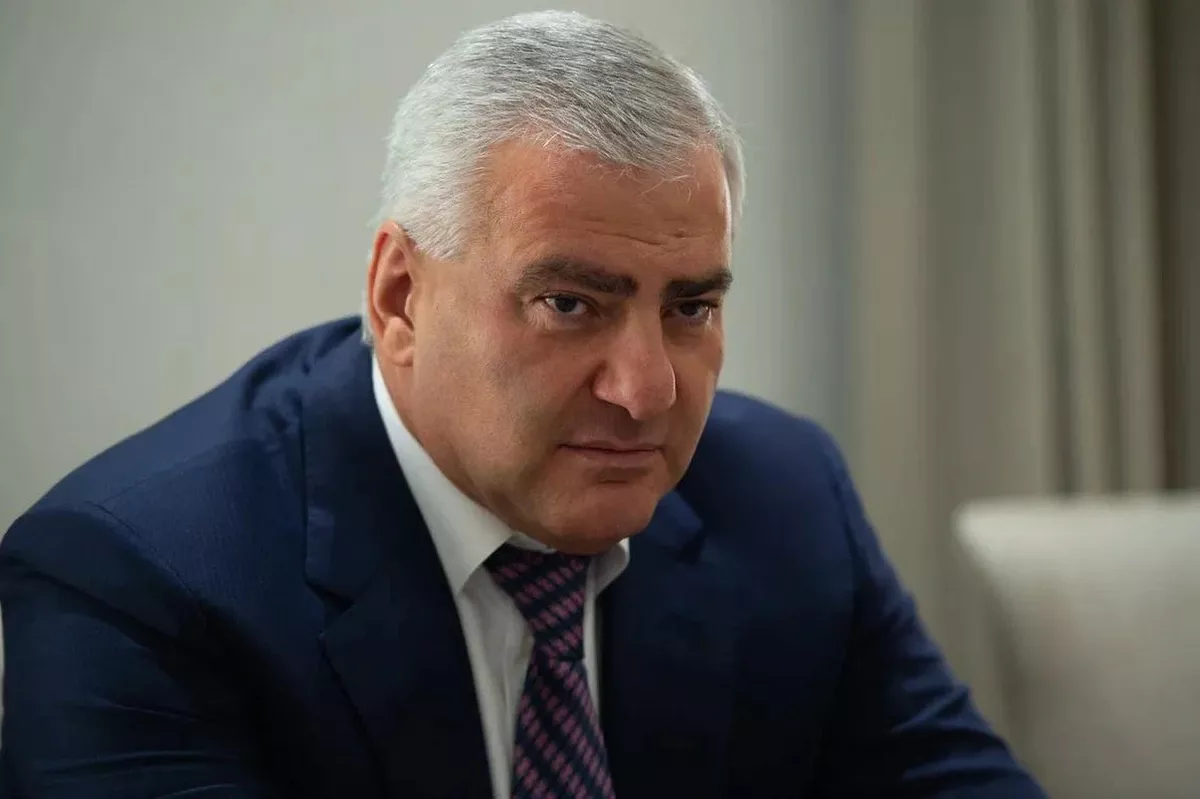
In fact, the entire fuss in Armenian-Russian relations largely erupted because of the figure of the Russian oligarch of Armenian origin, head of the Russian industrial and construction group "Tashir," Samvel Karapetyan, who accuses Pashinyan of destroying traditional values and attempting to weaken the influence of the church.
Essentially, the Russian billionaire declared a "cold war" on the current government after stating his readiness to "intervene in his own way" in support of the Armenian Church and later, while under arrest in Armenia, announced the creation of a new political force in the country.
Naturally, Moscow has been closely monitoring the situation around Karapetyan in Armenia, as warned by the official representative of the Russian Foreign Ministry, Maria Zakharova. The situation also involved the well-known propagandist Vladimir Solovyov, who made provocative statements against the current Armenian authorities during his broadcast.
Another significant reason for Armenia to make decisions unfavourable to Russia arose after the recent attempted coup in the country, which Yerevan saw as having a "Russian trace." Karapetyan’s name was also involved in this context. This fits with Pashinyan’s decision that Armenia should take control of the company "Electric Networks"—part of the business empire of the aforementioned businessman.
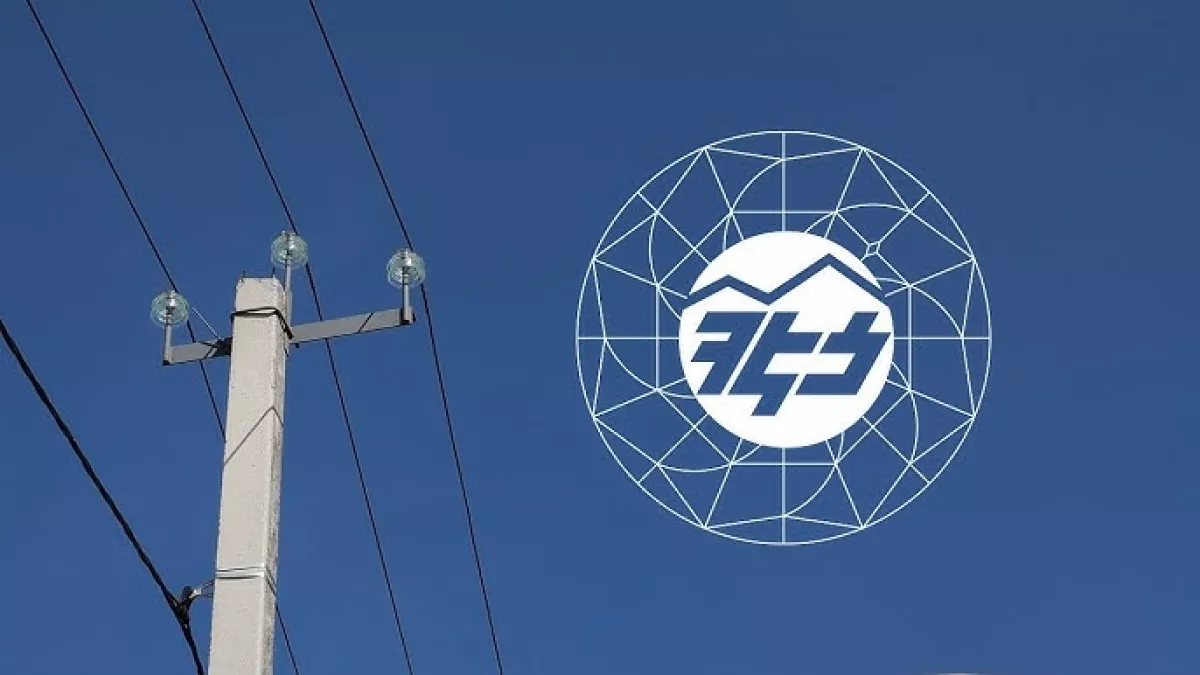
“The state must take over the management of the company ‘Electric Networks of Armenia,’ and we will take on the management to study and understand what has been going on there,” the prime minister said, emphasising that his goal is to find the most effective manager and to establish clear and efficient public and government oversight.
However, despite all these sharp statements, it is hardly certain that Russian broadcasting will be completely suspended across the entire territory of Armenia. This is mainly due to Armenia’s financial and economic dependence on Russia and its unwillingness to fully sever ties with Moscow.
The Russian side is well aware of this, which is why it continues its policy of pressure on Yerevan, repeatedly reminding the former stronghold in the South Caucasus that it is in its own interest to maintain close relations with its northern neighbour.
Meanwhile, in the Kremlin, there are periodic friendly gestures expressing interest in maintaining relations with Yerevan through various information channels. For example, in a recent interview with the radio station Mayak, Kremlin spokesperson Dmitry Peskov stated: “We, of course, are interested in maximum cooperation with Armenia across all vectors and directions. And beyond multilateral formats, we are still united by very close bilateral relations. We intend to continue developing them.”
It seems this Kremlin message serves as a reminder to the Armenian side that no matter how much resistance there is in Yerevan, Moscow will always keep Armenia firmly in its grip and keep its finger on the pulse.
Equally, this signal from Moscow is also aimed at Armenia’s Western patrons, especially following Nikol Pashinyan’s recent European tour to Paris and Brussels, where significant financial aid promises were made through the European Union.
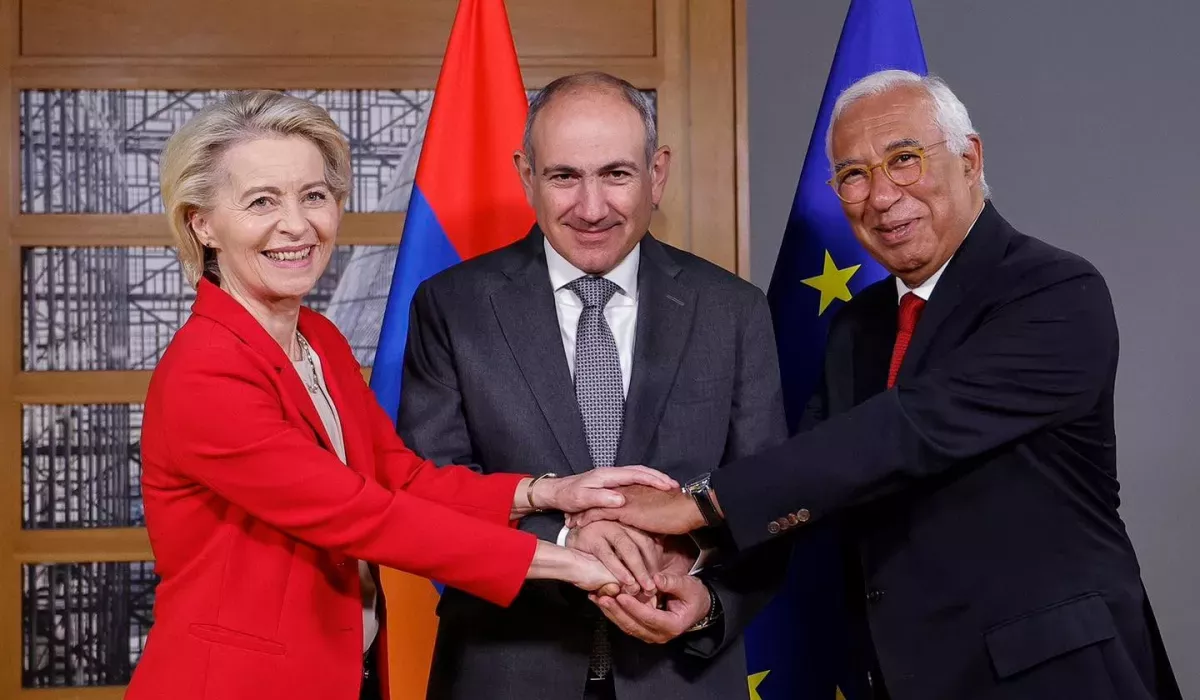
Let us recall that the EU intends to increase its support to Armenia up to 2.5 billion euros as part of the Global Gateway strategy — targeting transport, energy, digital infrastructure, and small business. This decision was formalised in a joint statement following talks between European Council President António Costa, European Commission President Ursula von der Leyen, and Nikol Pashinyan in Brussels.
Moscow, of course, is far from enthusiastic about such generosity from Armenia’s new patrons and most likely views this move as a form of bribery aimed at the EU’s far-reaching plans in the South Caucasus. Therefore, there is not the slightest doubt that Russia will do everything possible to maintain its presence in Armenia. Given Armenia’s foreign policy of “sitting on two chairs,” it is believed that this will not be particularly difficult. Unlike Azerbaijan and Georgia, Armenia is a country incapable of making independent, decisive choices. It keeps wavering back and forth, looking for a warmer and more generous side. Simply put, it prefers to exist off handouts—whether from the West or from the North.








